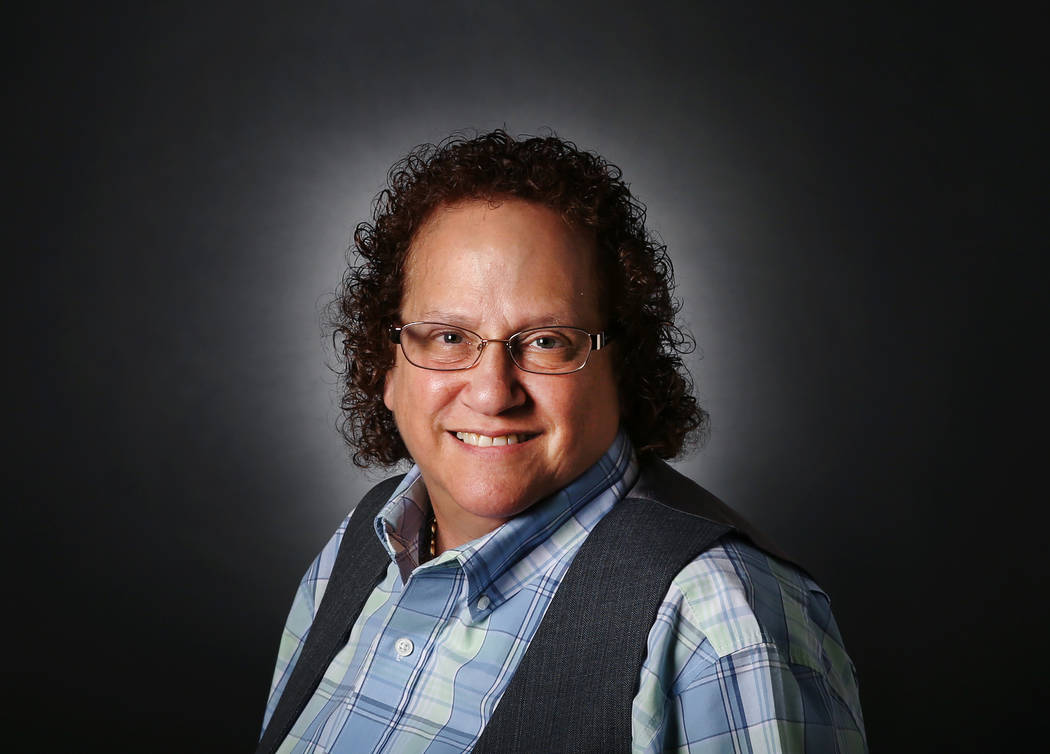Homeowners deserve explanation why HOA did not follow reserve study

Q: My homeowners association is planning for our 2020 budget but will not meet the minimum contribution requirement as written in our recent reserve study. Our study requires a minimum of $40,000 per month, yet our proposed budget will be $28,000 per month.
There has been no explanation as to why the board is not following the minimum reserve contribution, and it has no plan to make up lost payments in the future.
Our current reserve is healthy, yet we have big-ticket items coming up. I follow the HOA accounts and spending, and recent big projects have been costing notably more than the reserve has predicted.
For example, in the near future, we have to refurbish all hallway walls and carpeting in nine residential buildings. This will cost more than $1 million.
It would be prudent if the board members funded our reserve at the minimum levels as prescribed by the approved Reserve Study. Following the study recommendations would protect them within their “fiduciary responsibility.”
My question to you is, if our HOA board chooses not to follow the minimum funding reserve recommendations, should there be a written explanation and executable plan to restore the funds?
Your guidance is appreciated in advance; also I would be happy to do more research if you would point me in the correct direction.
A: Under Nevada Revised Statute 116.3115, it is the association’s responsibility to properly fund the reserves as noted in section 2b, as follows: “the association shall establish adequate reserves funded on a reasonable basis. …”
If your association is not funding the reserves as recommended by the reserve specialist, the association will need to develop a funding plan designed in an actuarially sound manner that will ensure that sufficient money is available when the association is obligated to maintain, repair, replace and restore the major components.
In your case there should be an explanation from the board as to why it has decided to contribute less reserve funds than what was indicated in the reserve study.
Q: We are having a debate within our board. Can the president make a motion or just second a motion?
A: Yes, the board president can make a motion, but he or she should pass the gavel to the vice-president during the discussion/debate and voting on the motion. After the motion has been passed or failed, the gavel would be passed back to the president as the chair of the board.
Q: I recently had a vehicle towed off property for expired tags and wondered how serious the portion of NRS (NRS 487.038(2),(4), is — the part about oral notice to police of the tow? Has this detail (police notice) created an issue for others?
A: NRS 487.038 pertains to the authority of an owner or a person of real property to have a vehicle towed when parked in an unauthorized manner. According to this law, oral notice to the local law enforcement agency is required. The oral notice to the police department must indicate the time the vehicle was removed, the location from which it was removed and the location to which the vehicle was taken.
As to the your question of the seriousness of this section, when you see the word must in any state law, you know that the law must be obeyed.
Barbara Holland is a certified property manager (CPM) and holds the supervisory community manager certificate with the state of Nevada. She is an author and educator on real estate management. Questions may be sent to holland744o@gmail.com.